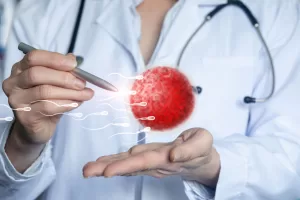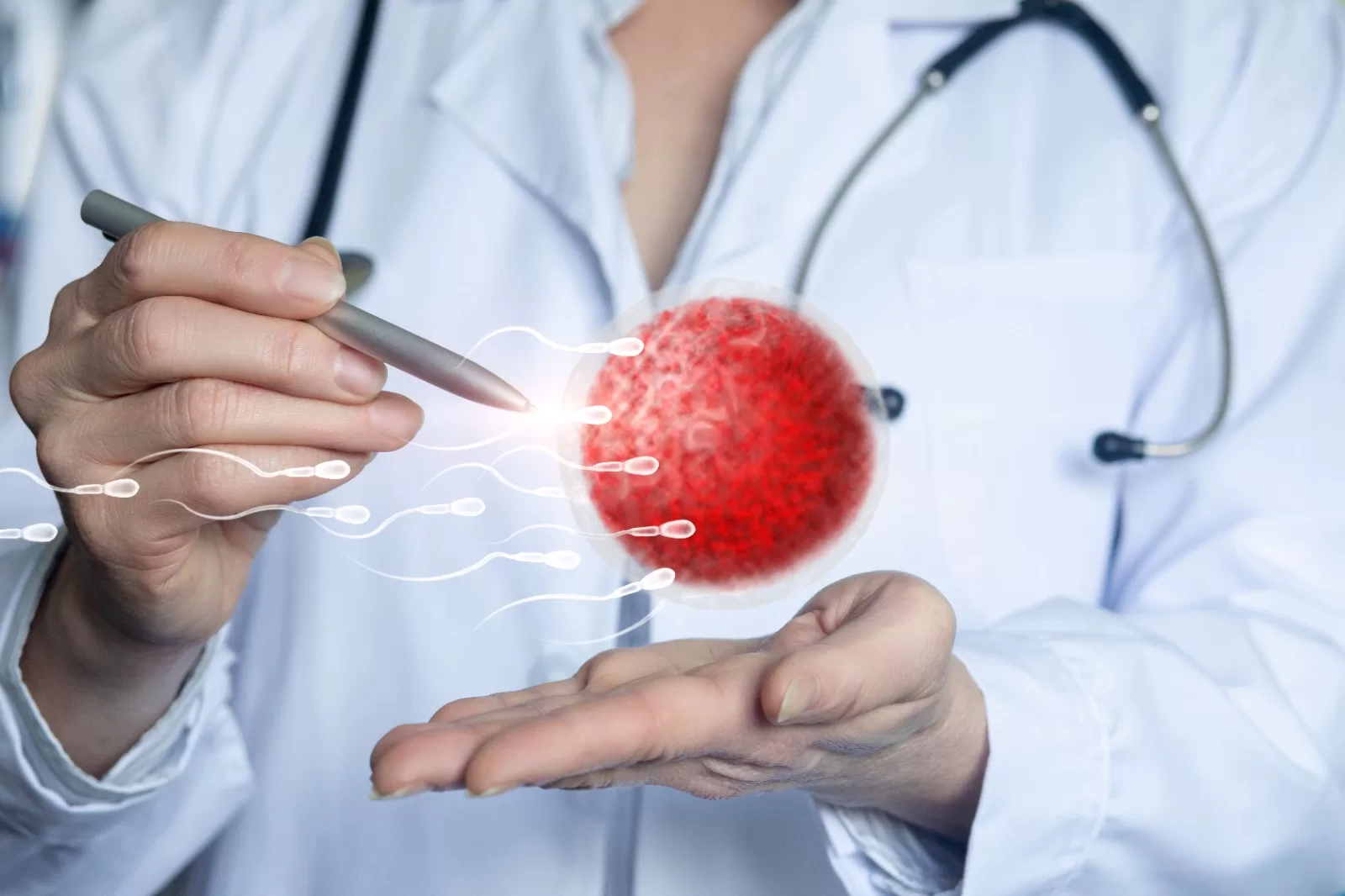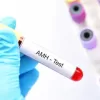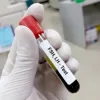
Inside the Egg Donation Process: How Does Egg Donor Work?
Egg donation has become an essential part of modern fertility treatments, giving women who face infertility a chance to experience the joys of parenthood. This procedure allows women who cannot produce healthy eggs to receive donated eggs fertilised and implanted via IVF. Whether you’re considering becoming a donor or looking to better understand the egg donation process, this comprehensive guide will provide insight into how it works, the requirements, and what to expect during the journey.
What is Egg Donation?
At its core, egg donation is when a woman donates her eggs to assist another woman in conceiving a child. The donated eggs are combined with sperm in a laboratory, and one or more embryos are implanted into the recipient’s womb. IVF and egg donation are often paired together when the intended mother cannot produce viable eggs but can still carry a pregnancy. Depending on local laws and preferences, the donor can be anonymous or known to the recipient.
In the egg donation process, the donor’s eggs are retrieved and fertilised with the sperm of the intended parent or a sperm donor. The resulting embryos are transferred to the recipient’s uterus, allowing her to carry the pregnancy to term. Clinics like IVF London offer streamlined processes to ensure both the donor and recipient have a smooth experience.
Why Do People Choose Egg Donation?
Egg donation is for women who cannot conceive using their eggs due to various reasons such as:
- Age-related infertility (women over 40 may struggle to produce healthy eggs)
- Premature ovarian failure
- Genetic disorders that could be passed to a child
- Prior chemotherapy or surgery that affects egg quality
- Same-sex male couples
For many women in these situations, egg donation offers a beacon of hope. Clinics offering IVF with egg donation in the UK have become a leading resource for individuals and couples who are navigating infertility challenges.
Egg Donation in London and Across the UK
IVF London is a premier private fertility clinic in London dedicated to helping individuals and couples achieve their dream of parenthood through advanced reproductive technologies. We are renowned for our personalised approach to fertility treatments, offering various services tailored to each patient’s needs.
The Egg Donation Process: Step by Step
The egg donation process is detailed and involves several stages to ensure both donor and recipient are prepared physically and emotionally.
- Screening and Approval: The first step in donating eggs is a thorough medical and psychological evaluation. Clinics offering egg donation in the UK have strict criteria to ensure donors are healthy, of sound mind, and between the ages of 21 and 35. This evaluation often includes blood tests, fertility checks, and a family medical history review.
- Matching with a Recipient: Once the donor passes the screening, the clinic will match her with a recipient. Some donors may remain anonymous, while others may have a direct relationship with the recipient, especially in known donation arrangements, such as when a family member donates eggs.
- Ovarian Stimulation: The donor is given hormonal injections to stimulate her ovaries to produce multiple eggs instead of the single egg produced naturally during a menstrual cycle. This phase lasts about 10-14 days.
- Egg Retrieval: When the eggs are mature, they are retrieved through a minor surgical procedure called transvaginal aspiration, performed under sedation. The process is relatively quick, taking about 20-30 minutes. After a short recovery period, donors can return to normal activities.
- Fertilisation and Embryo Transfer: After retrieval, the eggs are fertilised with sperm in a lab, creating embryos. One or two embryos are then transferred to the recipient’s womb. If additional embryos are created, they can be frozen for future use. In cases where IVF and egg donation are combined, the recipient starts medication to prepare her uterus for embryo transfer during this phase.
- Post-Procedure Monitoring: Both the donor and recipient are monitored after the procedure. Two weeks after the embryo transfer, the recipient will undergo a pregnancy test to determine whether the IVF cycle was successful.
Who Can Become an Egg Donor?
Knowing the eligibility criteria is essential if you’re wondering how you donate your eggs. In the UK, guidelines set by the Human Fertilisation and Embryology Authority (HFEA) require donors to be:
- Aged 21-35 (younger women generally produce healthier eggs)
- Physically and mentally healthy
- Free of genetic or infectious diseases
Additionally, egg donations in the UK are compensated generously, meaning donors receive compensation for their time and effort but are not “paid” commercially. The typical compensation is up to £950 per cycle. The process is voluntary, and donors are fully informed about the medical procedures and risks.
Risks and Considerations
The egg donation procedure is generally considered safe when overseen by a board-certified medical professional who monitors each step. For most donors, egg donation does not pose long-term health or fertility risks, provided rare complications do not occur during treatment.
However, it’s essential to be aware of some short-term risks associated with the egg donation process:
- Pregnancy: If you engage in unprotected intercourse during your medicated cycle, there is a significant risk of pregnancy. It’s crucial to avoid sexual activity or use effective contraception during this time.
- Temporary Weight Gain: Some donors experience temporary weight gain due to the medications used during the egg donation. This weight fluctuation is usually caused by fluid retention and hormonal changes.
- Medication Side Effects: The hormonal medications used for ovarian stimulation may cause side effects such as headaches, mood swings, fatigue, bloating, and nausea. These symptoms are generally mild and subside once the treatment is completed.
- Ovarian Hyperstimulation Syndrome (OHSS): A rare but severe complication, OHSS can develop 3-9 days after starting fertility medications. In OHSS, the ovaries become swollen and may cause pain, nausea, diarrhea, and, in severe cases, can be life-threatening. Immediate medical attention is necessary if symptoms worsen.
- Ovarian Torsion: In rare instances, ovarian torsion may occur, where the ovary twists due to swelling. This causes severe abdominal pain and requires surgical intervention to prevent permanent damage.
- Infection: As with any surgical procedure, there’s a small risk of infection during egg retrieval. However, infections are uncommon when proper precautions are taken during the procedure.
If you experience any severe or prolonged side effects, it’s essential to consult your fertility specialist for prompt treatment and guidance.
It’s also crucial for potential donors to understand the emotional aspects of how you donate your eggs. Knowing that your donation may result in a life-changing experience for another family can bring deep emotional satisfaction, but it also requires mental preparation. Clinics offering egg donation in the UK provide counselling to ensure donors are emotionally ready.
Conclusion: Is Egg Donation Right for You?
Understanding the process, risks, and benefits is vital for women who want to help others and are considering egg donation. Whether you’re curious about egg donation or specifically interested in donating eggs in London, the journey can be financially rewarding and emotionally fulfilling. However, the decision to donate should always be made with care, proper research, and a complete understanding of the egg donation process. If you want to learn more or take the first step, consult IVF London. Choosing IVF London means opting for a dedicated partner in your fertility journey.
By becoming an egg donor, you may offer someone the ultimate gift—the chance to build a family.




